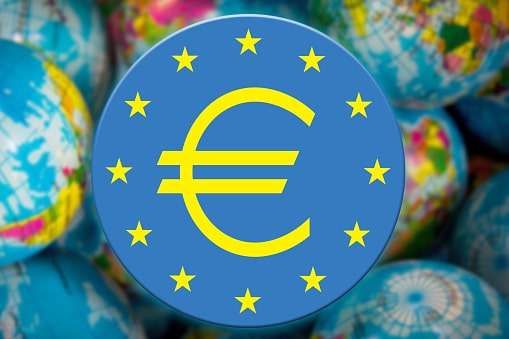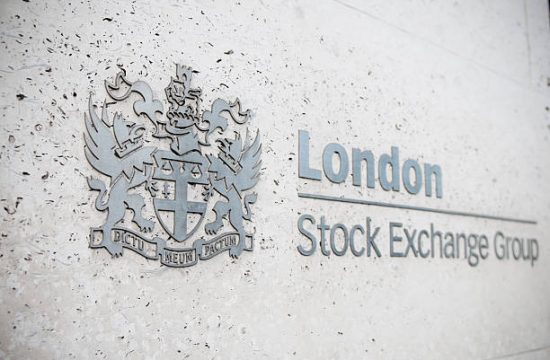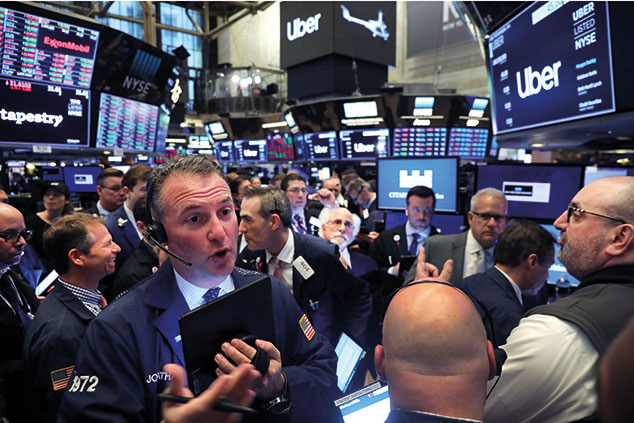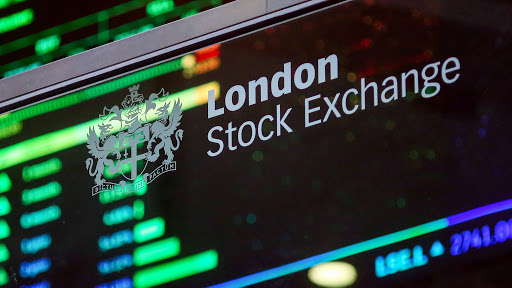 Summary: Over the past week, several encouraging signals from Germany have tended to indicate an easing of tension between the German Federal Constitutional Court (GFCC) and the ECB. The GFCC has until early August to decide whether or not the Bundesbank should keep participating in the ECB’s bond-buying program.
Summary: Over the past week, several encouraging signals from Germany have tended to indicate an easing of tension between the German Federal Constitutional Court (GFCC) and the ECB. The GFCC has until early August to decide whether or not the Bundesbank should keep participating in the ECB’s bond-buying program.
Overall, we continue to believe tensions will continue de-escalating, and a political crisis resulting from the Bundesbank being forbidden to repurchase assets is unlikely to happen. However, we are fully aware that further legal cases will be launched in Germany – all of them doomed to fail, but it will fuel ongoing noise.
We are halfway through the process started on May 5 when the GFCC ruled that the 2015 bond-buying program (Public Sector Purchase Programme – PSPP) by the ECB would be illegal under German law unless the ECB can provide adequate justification by early August. Over the past weeks, several developments tend to indicate that a fair solution to the dispute will be found, thus avoiding a political crisis that could endanger the ECB’s ability to face the impact of the crisis.
First, Bundesbank President Weidmann expressed confidence that the ECB will be able to demonstrate the proportionality of the PSPP and that the ECB may produce such an assessment as early as this week. Though it is not clear, Weidmann was perhaps referring to the release of the ECB account of June 3-4 meeting on Thursday that is likely to stress repeatedly proportionality of policy actions by members of the Governing Council.
Yesterday, he reiterated that PEPP should be flexible, but not unbound, and that capital key remains a very useful benchmark to guide the ECB’s action. It shows that he has clearly softened its tone over the past few weeks and wants to serve as an intermediary between the ECB and the GFCC to appease tensions.
Secondly, two prominent GFCC judges (Hubert, who drafted the ruling requesting further clarification from the ECB, and Wallrabeinstein, who is the new president, replacing the controversial president Voßkuhle) suggested that a solution might be found following elements of responses provided by Lagarde and that a formal new ECB Governing Council decision might not be necessary to satisfy the judges.
These are particularly positive signals that tend to corroborate the idea that Europe might avoid a political crisis caused by few politicized judges at the worst possible time – when everyone is normally on holiday and in the middle of the economic crisis.
However, the debate about the legality of QE is not going to disappear anytime soon. The far-right AfD party has unsurprisingly challenged the ECB by suing the German government and the Bundesbank over the Pandemic Emergency Purchase Programme (PEPP), arguing it is violating the prohibition of monetary financing. However, at the moment of writing, it seems that the AfD is not asking the GFCC to rule about PEPP – which means it does not create a real threat against the ongoing bond-buying program that is desperately needed to avoid an increase in interest rates on the sovereign bond market.
We continue to expect that further legal cases will be launched in Germany in the coming months and years against the ECB’s monetary policy measures, reflecting a deep split, which is partially generational, on QE in German public opinion but that is also visible in other countries, like in the United States. In that sense, it is a much broader issue than we commonly think. That being said, we believe that legal cases that might be launched in the future in Germany are all doomed to fail and should not represent a real threat to QE. It will mostly fuel, from time to time, ongoing noise against the central bank.
Best regards.













